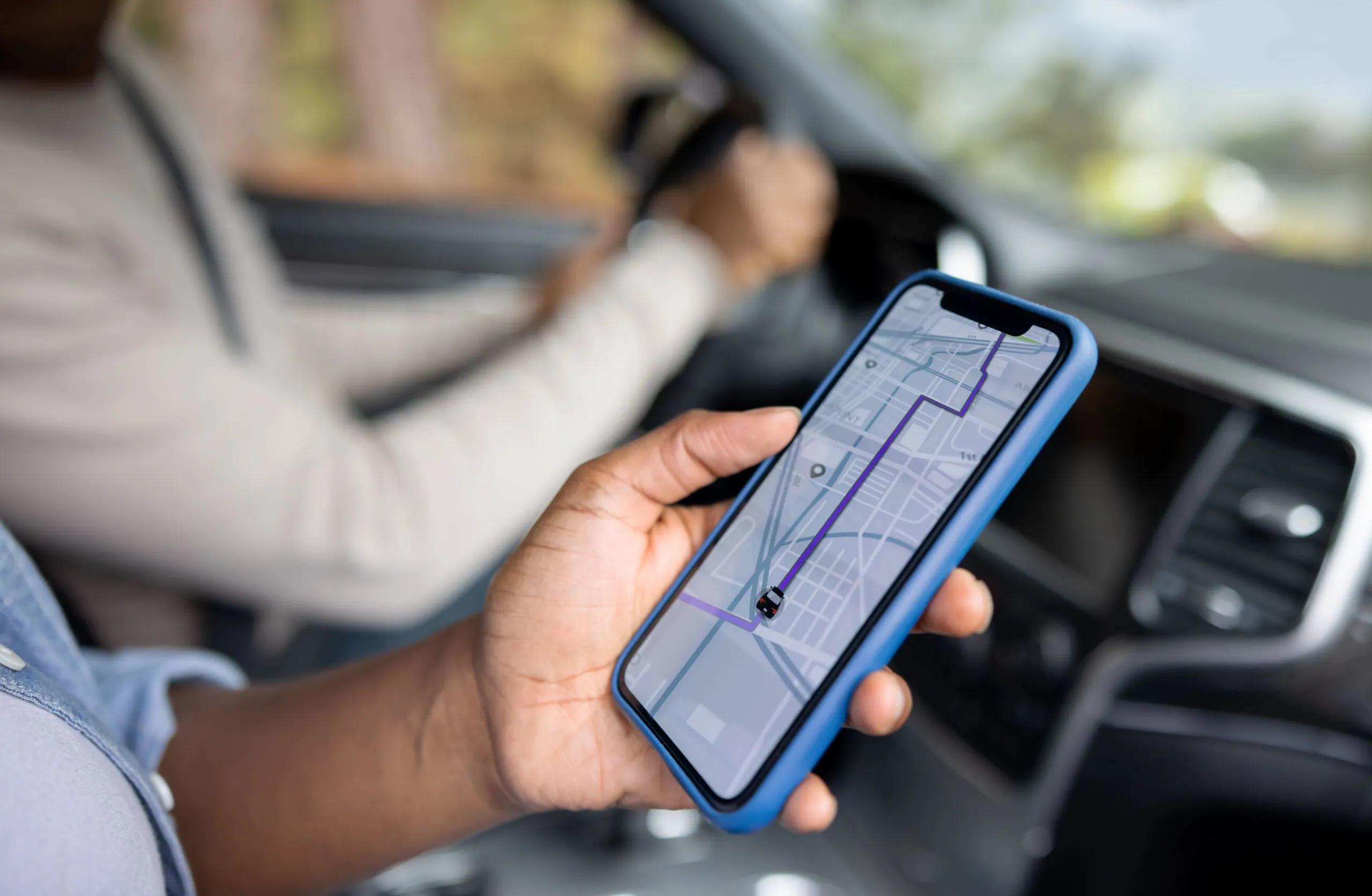If you are like most New Yorkers, you lead a busy life and can’t always drive yourself. Instead, you rely on ridesharing services like Uber and Lyft. These are convenient, relatively inexpensive, and easy to book with their online apps. However, just like other vehicles, Uber and Lyft drivers sometimes get into auto accidents. If you find yourself involved in an Uber accident or a Lyft accident, you are going to see that things are not as straightforward as is often the case in other auto accidents. So, when is the Uber or Lyft driver responsible for an accident? In the following article, we are going to explain how liability works in a ridesharing accident, particularly with respect to the Uber or Lyft driver.
If you or a loved one is involved in an accident involving an Uber, Lyft, or other rideshare driver, you should call Dell & Dean, PLLC today. Our firm has many attorneys who are experienced in handling rideshare accidents and will help you get the compensation you deserve.
When Is the Uber or Lyft Driver at Fault?
As with all automobile accidents, the first question involves which driver is responsible for causing the collision. If the Uber or Lyft driver didn’t cause the accident, then the driver will not be held liable. But if the accident is caused in whole or in part by the Uber or Lyft driver, this opens up another series of issues.
New York State classifies ridesharing services as Transportation Network Companies (TNC). This is different from taxi services that you may ride within New York City. A TNC is subject to unique insurance regulations in New York. This will determine what happens with your case in an accident that was caused by the Uber or Lyft driver.
New York State requires ridesharing companies to carry $1.25 million per accident in liability insurance and $1.25 million per accident in supplementary uninsured bodily injury insurance. In addition, Uber and Lyft drivers have to carry New York no-fault coverage providing up to $50,000 per passenger for medical expenses, lost wages, and other damages. Finally, rideshare drivers can carry contingent comprehensive and collision insurance, but this is not mandatory. This covers damages to the vehicles involved.
If the accident occurs while the Uber or Lyft driver is on a prearranged trip booked through the app, then all of the insurance coverage will apply. If you are a passenger in the rideshare involved in the accident, then you should be covered by this insurance. Similarly, if you are the driver or passenger in another vehicle involved in the crash with the rideshare vehicle, then you will also be covered by this TNC insurance if the accident happened while the driver was on a booked trip.
What Happens When the Uber or Lyft Driver Is Off Duty or On the Way to Another Pickup?
The problem with rideshare accidents occurs when the Uber or Lyft driver is off duty or on the way to another pickup. If the driver is not logged onto the app and simply using the vehicle for his or her own benefit, then the TNC insurance coverage does not apply at all. So, if you are involved in an accident with an off-duty Uber or Lyft driver, then you can only look to the personal insurance coverage of that driver. While Uber and Lyft recommend that their drivers carry personal auto insurance in addition to the TNC insurance the companies provide, there is no guarantee that the driver will have sufficient coverage to provide you with compensation to you, your passengers, or your vehicle.
If the Uber or Lyft driver is online at the time of the accident, you will still get some TNC coverage. This is the time when the driver is on the way to a pickup or driving around hoping to get hired through the app. However, the TNC coverage is significantly less than the amounts provided when the driver is on a prearranged trip. While the New York no-fault insurance limits remain the same, the liability insurance coverage drops to $75,000 per person for bodily injury with a maximum of $150,000 per accident. Property damages are limited to $25,000. In addition, the uninsured motorist insurance coverage drops to $25,000 per person for bodily injury liability with a maximum payout of $50,000 per accident. If the accident tragically results in one or more fatalities, then the coverage is $50,000 per fatality with a maximum of $100,000 for the accident. If your injuries and damages exceed these amounts, you may have to go out of pocket to pay for them or sue the Uber or Lyft driver personally for your damages.
Call Us If You Were in an Accident Involving an Uber or Lyft Driver
As you can see, traffic accidents involving Uber and Lyft drivers are different from most other types. The operation of the TNC law will affect what kind of car insurance you can look to if you or a loved one is injured in a collision involving a rideshare driver or have your vehicle is damaged. Our firm is well-versed in all aspects of the law involving rideshare accidents. Call us today so we can help you!

